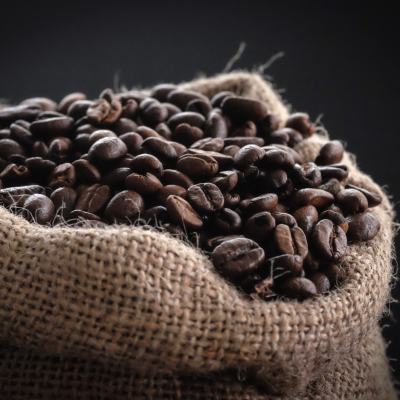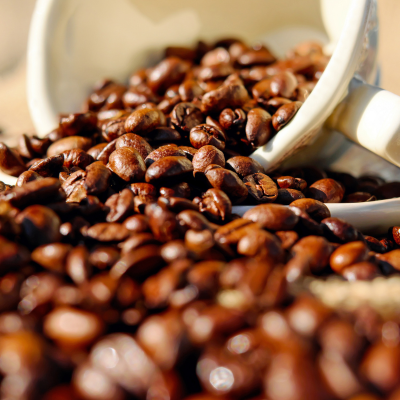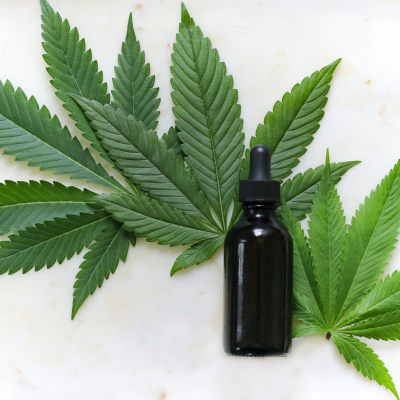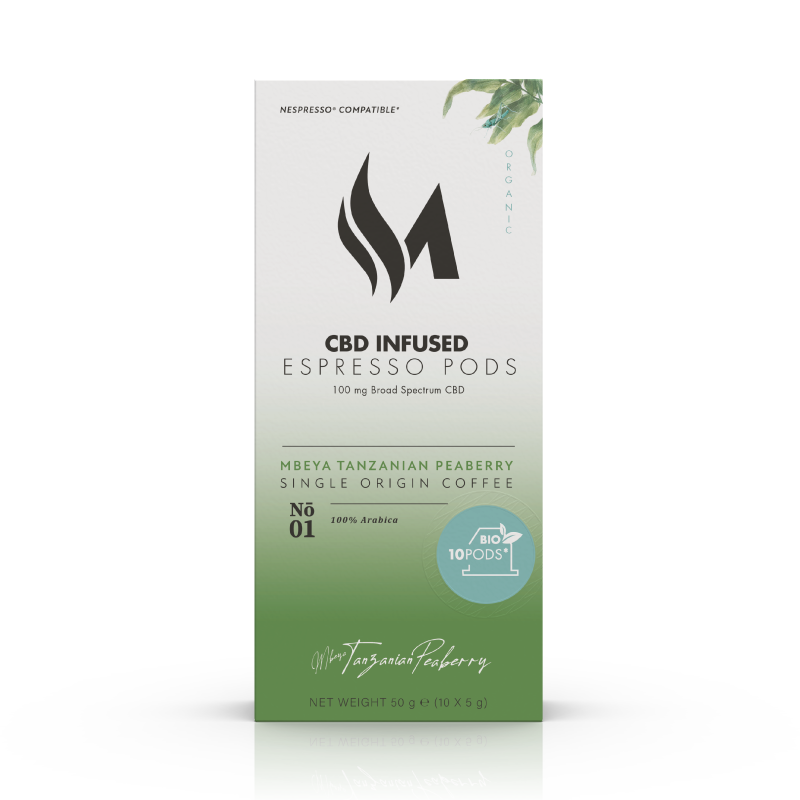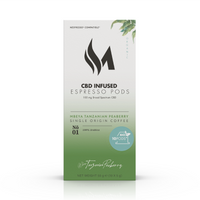Can Coffee Reduce the Risk of Alzheimer's Disease?
Posted on April 15 2024
What is Alzheimer's?
How does coffee help reduce the onset of Alzheimer’s?
In Conclusion
All the research done thus far does have a notable impact on the caffeine world. Who would have thought that apart from giving you that morning energy, your caffeine intake could unknowingly be preventing Alzheimer’s disease?
The current evidence is promising, but the need for more research is definitely there. There is still a long way to go before such research is actually translated into effective therapeutic treatments. All we can say for sure is that there may be one more reason for you to enjoy your cup of coffee, guilt-free.








